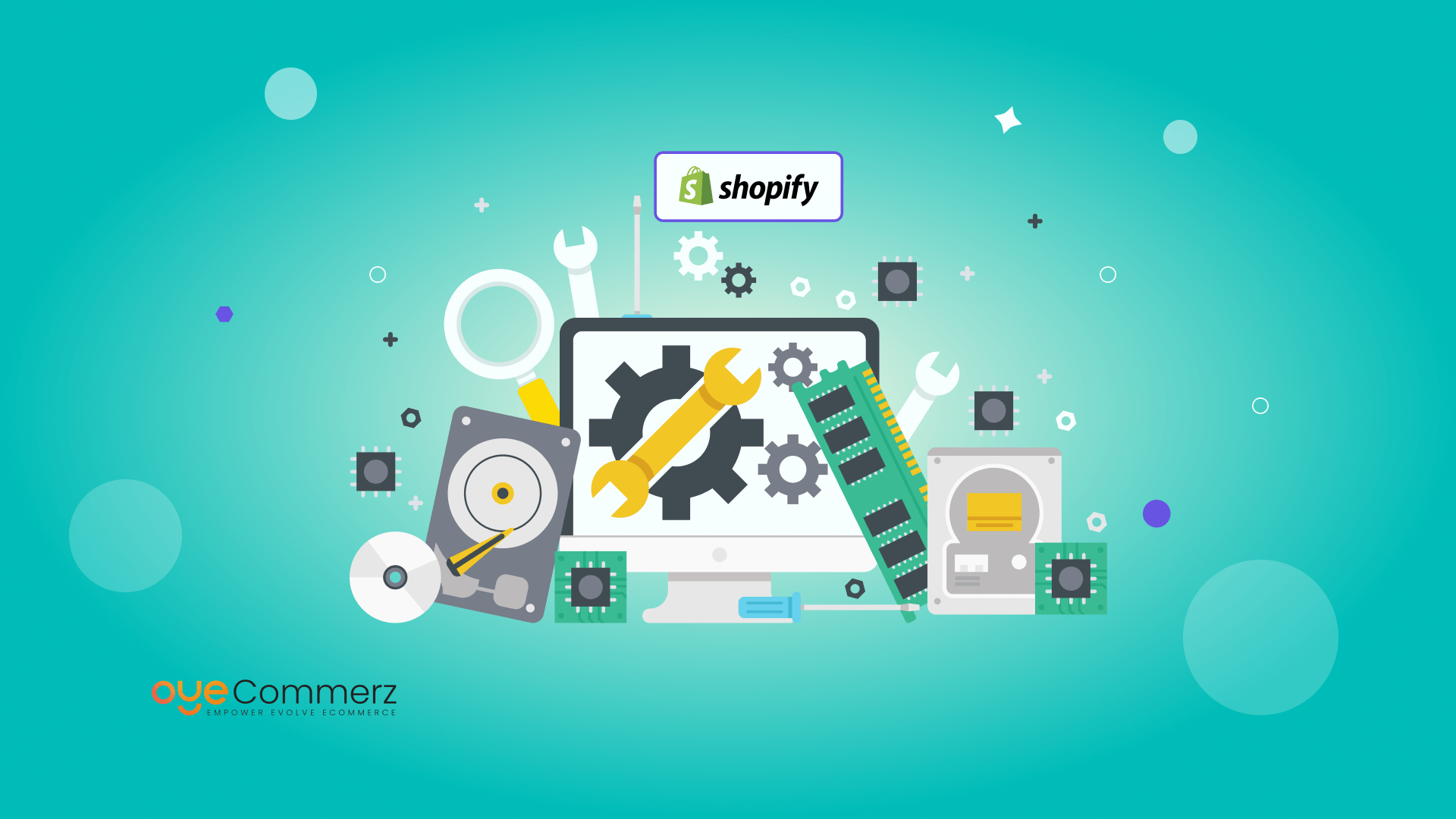Overview
In today’s competitive e-commerce environment, standing out is essential, and one of the best ways to set apart a Shopify store is through tailored app development. A robust Shopify app can enhance store capabilities, streamline operations, and elevate customer interaction. This guide delves into essential aspects of Shopify app development, from API integration to scaling strategies and digital marketing approaches, offering a roadmap for businesses seeking superior store performance.
The Importance of Shopify API Integration
Shopify’s API offers robust tools to personalize and expand store capabilities. With GraphQL and REST APIs, developers can retrieve information to build applications that manage inventory control, order processing, and customer data management seamlessly. Integrating Shopify’s API can lead to better workflow automation and allows stores to serve customers more effectively.
Utilizing the Polaris Design System
Polaris is Shopify's design system for creating intuitive and accessible Shopify apps. By adhering to Polaris guidelines, developers ensure that apps integrate smoothly within the Shopify Admin interface. This ensures a cohesive appearance that appeals to Shopify merchants, promoting ease of use and comfort for merchants using your custom app.
Navigating the Shopify App Ecosystem
The Shopify app ecosystem offers endless possibilities for enhancing e-commerce sites. From handling order fulfillment to boosting customer interaction, apps in this ecosystem are tailored to meet various business requirements. Familiarizing with this system helps developers in finding unique app ideas and enables smooth connections of third-party services that enhance the store.
Developing Embedded Shopify Apps
Embedded apps work seamlessly within the Shopify Admin, allowing a seamless experience for merchants. They allow merchants do not need to navigate away from their Shopify customer engagement tools Shopify control panel, simplifying their process. Using Shopify App Bridge and embedded app capabilities is a best practice for offering a unified, well-integrated user experience.
Leveraging Node.js and React for Shopify Development
The technologies Node.js and React have become top options for Shopify app creation. This server-side framework enables efficient back-end services, while React enables interactive and adaptive front-end user interfaces. Together, they offer an strong framework for creating speedy, scalable Shopify apps that improve store performance and customer interaction.
Utilizing Webhooks in Shopify Development
Webhooks enable instant data updates between Shopify and an external app. They initiate events such as order creation or inventory updates and send instant notifications to your app. By utilizing webhooks, apps can provide up-to-date insights for store owners, simplifying processes and increasing productivity.
Engaging Customers Through Digital Marketing for Shopify Apps
To make a Shopify app successful, engaging customers is key. Utilizing online marketing techniques like SEO, email marketing, and social outreach can increase app usage. Additionally, designing apps with customer interaction as a focus (e.g., loyalty programs or personalized recommendations) boosts user retention and loyalty.
Scaling Your Shopify App
As e-commerce businesses grow, so do their technology requirements. Making sure that your app can manage higher usage, larger data sets, and more advanced functionalities is critical. By improving server capacity and using scalable technologies, you can create apps that grow in parallel to a store’s growth.
Important Features and Maintenance Tips for Shopify Apps
For an app to be effective, it should include key capabilities Shopify apps by Oyecommerz like user login, dashboard analytics, and support channels. Regular app maintenance, with updates to fix bugs and ensuring compatibility with new Shopify functionalities, is vital to ensure uninterrupted performance and avoid interruptions to business processes.
Conclusion
Custom Shopify app development holds vast potential for e-commerce stores, providing the chance to improve performance, streamline processes, and foster customer loyalty. With API integrations and Node.js to ensuring scalability and customer interaction, creating a Shopify app requires careful planning and well-planned actions. If you’re prepared to unlock your store’s full potential, a custom Shopify app may be the ideal choice. What features do you see for your ideal app? Share your thoughts and begin the journey to an enhanced e-commerce journey!
